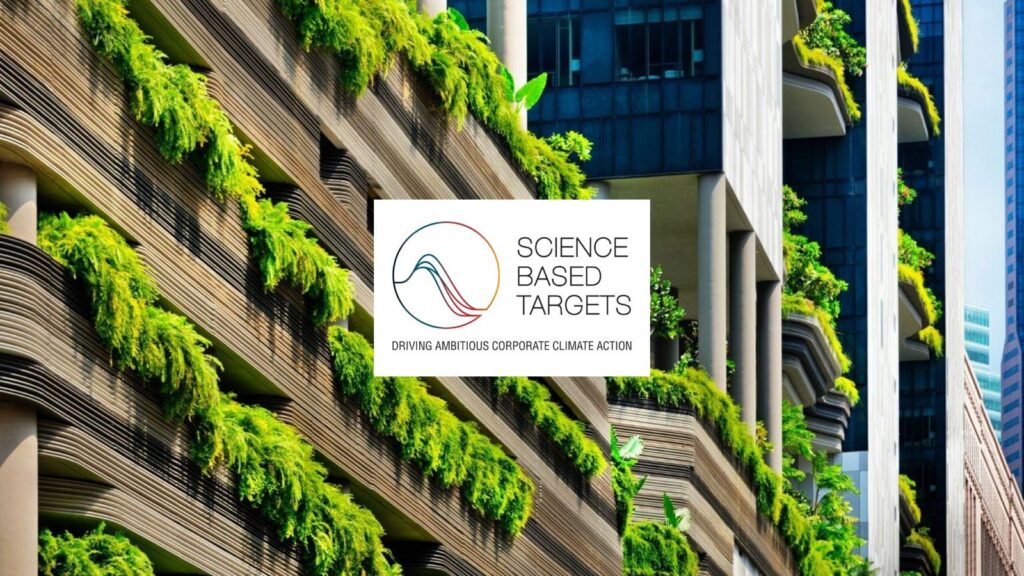SBTi Updates Decarbonization Plans for Oil, Gas, Chemicals, and Power Sectors

- Critical industries targeted: New criteria aim to decarbonize high-impact sectors accounting for the bulk of global emissions.
- Public consultations open: Stakeholders invited to shape the standards, with drafts for review in 2025.
- Support for net-zero alignment: Standards will guide businesses toward science-aligned, 1.5°C pathways.
The Science Based Targets initiative (SBTi) has released updated plans for its sectoral standards targeting the oil and gas, chemicals, and power industries—three of the largest global emitters. These updates aim to create science-aligned net-zero pathways, equipping businesses in high-emitting sectors with robust criteria to reduce their environmental impact.
“By prioritizing sectors with the greatest potential to drive decarbonization, the SBTi provides businesses with the tools they need to lead the energy transition,” stated the initiative.
Oil and Gas: First-Ever Decarbonization Standard
The oil and gas industry is responsible for 85% of global CO2 emissions. SBTi’s new standard will guide companies on decarbonizing their business models while attracting financing and enabling a smooth energy transition.
- The Terms of Reference details milestones, with a draft expected for public consultation in early 2025.
- A second consultation will extend to 45 days to ensure rigorous stakeholder input.
Chemicals: A Decarbonization Imperative
The chemicals sector supports 95% of manufactured products and is the third-largest industrial emitter worldwide, contributing to key industries like agriculture, construction, and healthcare.
- SBTi’s Chemicals Sector Criteria is open for pilot testing and public consultation until January 10, 2025.
- The final criteria will be released in Q3 2025, aiming to decarbonize the sector and support its vital role in the global economy.
Related Article: Canada Invests $12.5M to Advance Decarbonization of Heavy-Emitting Industries
Power: Addressing the Largest CO2 Contributor
With the power sector responsible for the largest share of global CO2 emissions, SBTi plans to tackle its environmental footprint as electricity demand rises.
- The first draft of the Power Sector Standard will be released for consultation in Q2 2025.
- Expert advisory groups are providing ongoing guidance to ensure practical and ambitious outcomes.
Broader Impacts and Future Plans
SBTi is also working on sector standards for automotive and apparel and updating its Corporate Net-Zero Standard to ensure compatibility across resources. These tools will streamline the target-setting process for businesses.
Timelines remain tentative, reflecting the complexity of consensus-building and stakeholder engagement. The updates represent a significant step forward in global decarbonization efforts.
Follow ESG News on LinkedIn








